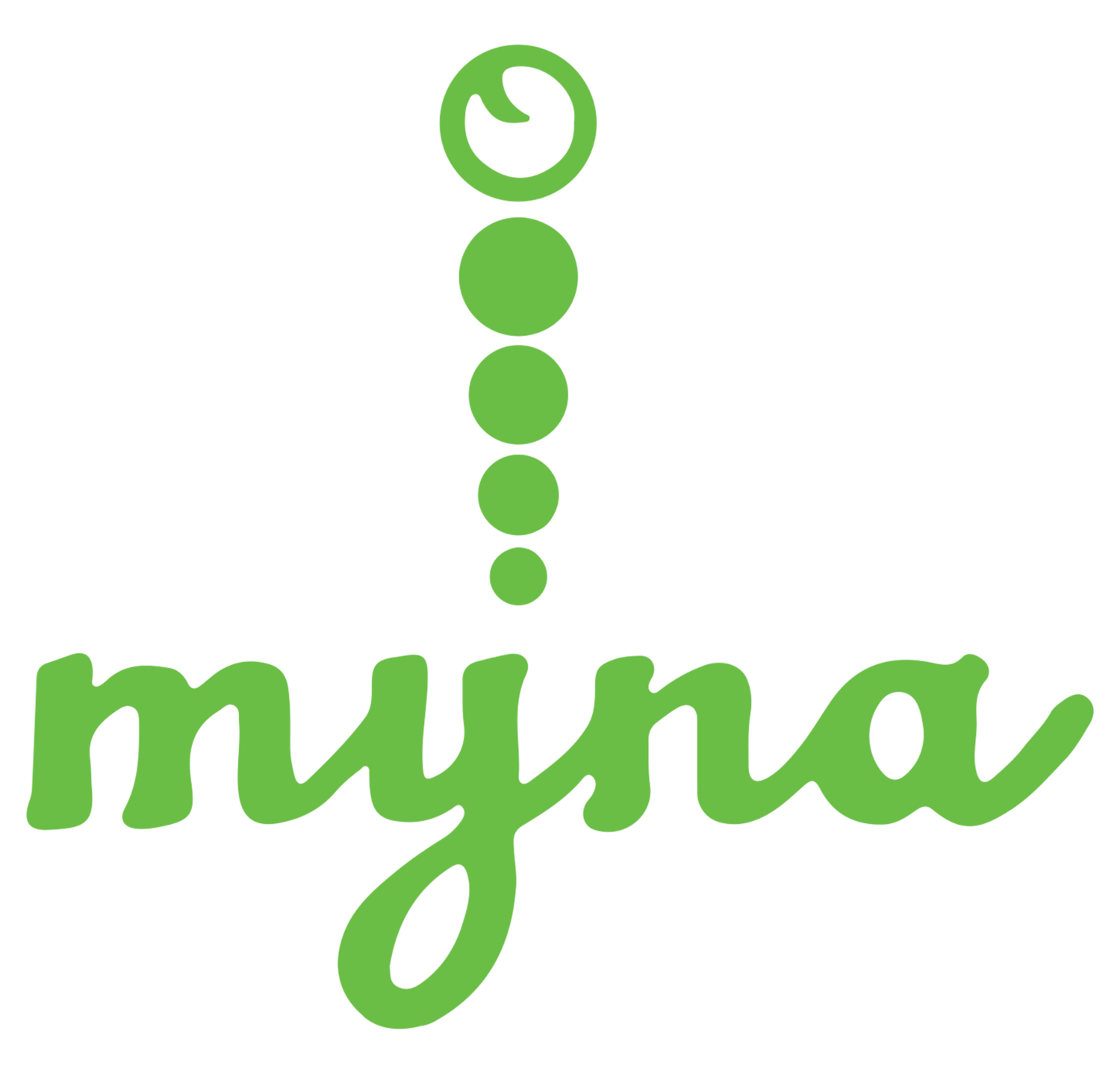Prepare Yourself for Ramadan
Ramadan is a time when we all try to ramp up our spirituality and transition into a better version of ourselves. But what can we do to make this transition as smooth as possible? What can we do to keep these changes implemented into our lives even after Ramadan is over? The Prophet (SAW) and his companions used to begin their preparations for Ramadan six months before the blessed month even started. Although we don’t have six months left, there are still many things we can do to mentally and physically prepare ourselves.
Going from barely reciting the Quran daily to trying to finish the whole book within thirty days is an ambitious goal that many Muslims undertake. Although some may attain this goal, the majority of people get behind and are unable to accomplish it in the allotted time. If we start bringing the Quran into our daily routines before Ramadan starts, we will be able to get into the mode of reading it everyday more easily. In times that we are unable to read the Quran, such as walking in the halls at school, the act of Dhikr, remembrance of Allah, using his names and attributes can keep us spiritually connected
Additionally, the constant fast paced schedule many Muslims follow during Ramadan can make it feel like there is no time to complete everything we had wanted to accomplish during the month. By doing some planning ahead of time, we can set ourselves up for a productive month. For example, if your goal is to pray all of your Sunnah prayers during the month, you should make a schedule and try to fit the rest of your activities around these times. When you already have time set aside to pray or read the Quran, there is a much greater likelihood of you actually completing your goal. Research has proven that it takes around 28 days for a new habit to form; the same approximate duration as Ramadan. If we plan to take advantage of this month, we can create lasting habits that will benefit us even after the blessed month is over.
Ramadan is a wonderful time to work on our spiritual betterment and one of the best ways to enter into Ramadan is with a cleansed heart. When speaking of preparation, Imam Johari argued that “the best way to prepare is to act now.” It's important to ask for forgiveness and make lots of dua before the month even starts. This way we can focus more on what’s ahead of us, rather than behind us. Although we should continue to repent and pray for forgiveness throughout the month, it is crucial to get into the habit of continuously reflecting and asking Allah SWT to forgive us for our faults
Fasting for a whole month can be a physical strain. Although many mention that fasting during Ramadan is easier than any other times of the year, it still takes a toll on your body and physical health. To avoid getting dehydrated, it’s important to drink an adequate amount of water on a daily basis before the month even starts. Additionally, those who feel fasting is more of a challenge for them, may want to begin fasting on Mondays and Thursdays or on the “white days” (typically, the 13th, 14th and 15th of the lunar month) of the months preceding Ramadan. In addition to it being a Sunnah to fast on these days, it will begin adjusting your body to fasting for thirty days.
Setting goals can be intimidating and change can be difficult. But with the right intentions, this Ramadan will be an excellent time for growth in both a spiritual and physical sense. May Allah (SWT) accept from us our fasts and every effort we make to become the best versions of ourselves!
- Aliya Omar
